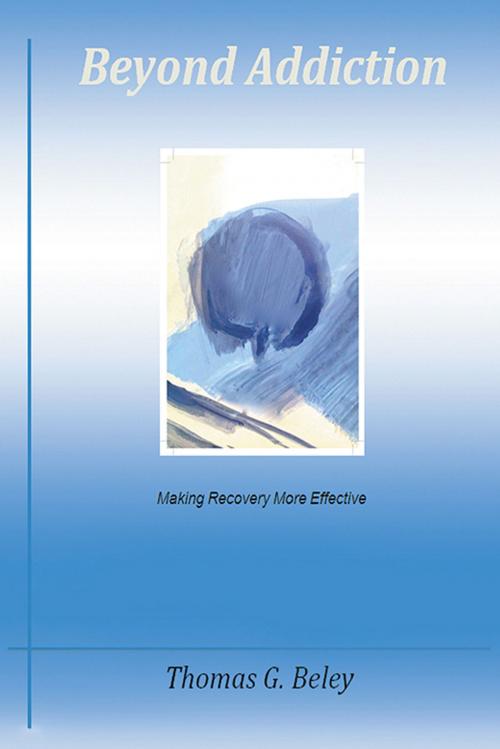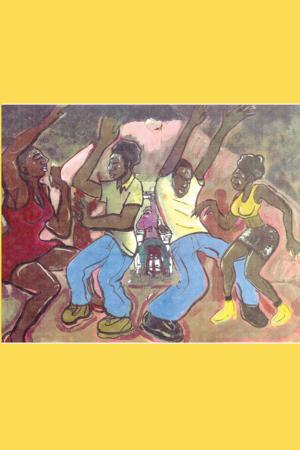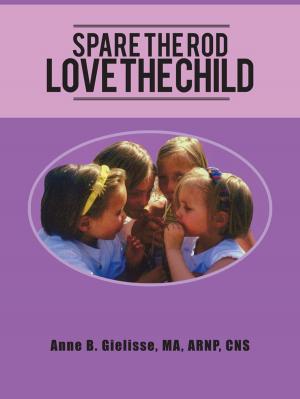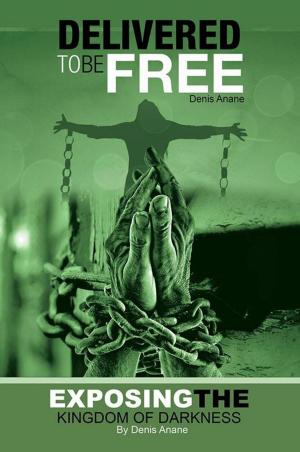Beyond Addiction:
Making Recovery More Effective
Nonfiction, Science & Nature, Science, Health & Well Being, Psychology, Self Help| Author: | Thomas G. Beley | ISBN: | 9781491846223 |
| Publisher: | AuthorHouse | Publication: | March 5, 2014 |
| Imprint: | AuthorHouse | Language: | English |
| Author: | Thomas G. Beley |
| ISBN: | 9781491846223 |
| Publisher: | AuthorHouse |
| Publication: | March 5, 2014 |
| Imprint: | AuthorHouse |
| Language: | English |
If you are a person who has struggled with an addiction, or a family member who is helplessly watching the slow death of a loved one from an addiction, or even a seasoned professional who is overwhelmed and frustrated over the chronic relapses of clients, here is a simple question to ask yourself if you are wondering whether this book is for you. Does a person have control over a relapse? If you answered yes, then this book is absolutely for you. This book is for you because the answer to this question is an emphatic NO!!! Why is the answer no? Addiction, like any other disease, follows a natural process. Once it starts, this process will continue its natural course that will eventually lead a person to a more deteriorated condition, certain pain and suffering, or, even worse, death. There are no exceptions to this natural process, unless, of course, this process is interrupted. The more important question that needs to be asked is: Does a person have control over their recovery? The answer to this question is an emphatic YES!!! The intent of this book is not so much to focus on the science of addiction, although this will be addressed, as much as it is on the science of recovery. Although the reader will better understand some of the basic neurobiological processes underlying addiction (It is just not genetics alone), the reader will also explore how these same neurobiological processes are essential to recovery. The contention, here, is that if there is a science of addiction, there must be a science of recovery. This book will explore the many facets of healing within the recovery process with particular emphasis on examining the role of our neurobiology and behavior. More importantly, it will give readers, whether a person suffering from an addiction, a distraught loved one, or a frustrated professional, insight and a blueprint as to what needs to be done for a successful recovery regardless of the disorder. Is relapse a part of recovery? Absolutely Not!!!
If you are a person who has struggled with an addiction, or a family member who is helplessly watching the slow death of a loved one from an addiction, or even a seasoned professional who is overwhelmed and frustrated over the chronic relapses of clients, here is a simple question to ask yourself if you are wondering whether this book is for you. Does a person have control over a relapse? If you answered yes, then this book is absolutely for you. This book is for you because the answer to this question is an emphatic NO!!! Why is the answer no? Addiction, like any other disease, follows a natural process. Once it starts, this process will continue its natural course that will eventually lead a person to a more deteriorated condition, certain pain and suffering, or, even worse, death. There are no exceptions to this natural process, unless, of course, this process is interrupted. The more important question that needs to be asked is: Does a person have control over their recovery? The answer to this question is an emphatic YES!!! The intent of this book is not so much to focus on the science of addiction, although this will be addressed, as much as it is on the science of recovery. Although the reader will better understand some of the basic neurobiological processes underlying addiction (It is just not genetics alone), the reader will also explore how these same neurobiological processes are essential to recovery. The contention, here, is that if there is a science of addiction, there must be a science of recovery. This book will explore the many facets of healing within the recovery process with particular emphasis on examining the role of our neurobiology and behavior. More importantly, it will give readers, whether a person suffering from an addiction, a distraught loved one, or a frustrated professional, insight and a blueprint as to what needs to be done for a successful recovery regardless of the disorder. Is relapse a part of recovery? Absolutely Not!!!















